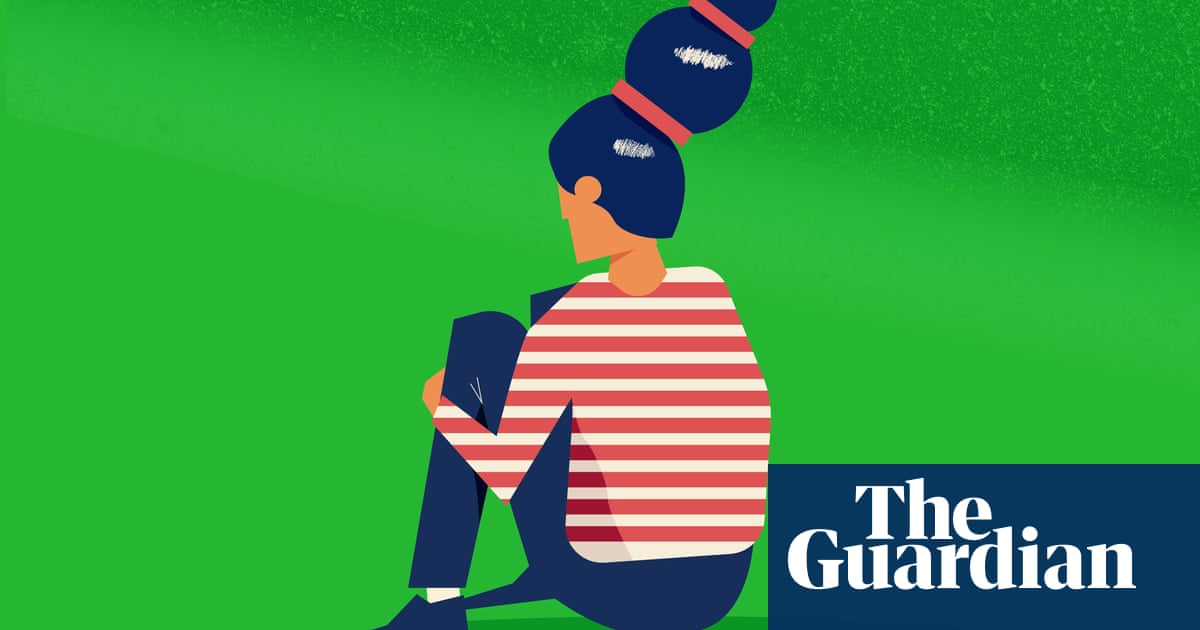I would love to be with a partner but am held back by paralysing doubts about my judgment about people and ability to work out who can be trusted.
I grew up in an unsafe family where I was my mum’s carer and was abducted and raped at 16 by someone I knew – an experience I buried, with much of what else happened to me as a younger person. I struggled with low confidence and exploitative partners, friends and employers for years and found it hard to stand up for myself, despite superficially looking fairly functional, I think.
After a bad breakup with a coercive and unreliable partner of many years, the wheels came off with a full-on breakdown. I found an excellent professional who helped me turn things round and I’m proud of the progress I’ve made, not least because I discovered I like myself (!) and am grateful to feel I now have a good life.
But I yearn for the new experience of a happy relationship before it’s too late, and am conscious of a life unlived. The reality of the way I buried the bad early experiences, and kept allowing unsafe people and situations into my life, alarms me. I still attract them and although I have much better strategies with boundaries now, I don’t trust myself to keep myself safe.
The prospect of navigating social media and dating sites when I feel like this is terrifying. It might be defeatist but sometimes I feel I should just accept my mental landscape for what it is. I wondered if you might be able to help me get a different perspective.
I’m so sorry for what happened to you, none of which was your fault. And yet here you are making sense of it and understanding you deserve a good life. Well done also for having found a professional to help you make sense of things – remember you can go back to them for “top ups” in the future, too.
My specialist this week, consultant medical psychotherapist, psychoanalyst and the lead clinician of the Tavistock Trauma Service, Dr Jo Stubley, also wanted to reiterate that you’d made incredible, impressive process.
Stubley explained that, “if you grow up in a place where there’s a lot of threat then your brain looks for threat very quickly. You learn not to look for rewards, because the expectation is that bad things happen.”
She also said that being a carer for your mum “is often how women manage the threat in the home, by being very vigilant to what someone else needs. If you’re in a parentified role [which it sounds like you were] then you end up working really hard just to make sure that person is happy all the time, because you think that will reduce the threat.”
But as you grow up, that practice becomes maladaptive, you see threat where there may not be any. You’ve learned that only certain contact (none at all in some situations) is safe. You learn not to trust, not only others but yourself. It all takes time to change, but it can be done.
We felt it was a big leap to go from where you are now to dating sites and social media. Even without your history people would – and do – find them daunting. Stubley wondered how you felt about “smaller steps”.
She felt that face-to-face encounters may be better for you. “Could you join any groups,” she suggested, “that would enable you to have safer, regulated contact where you can build up good experiences? Could you try to bring little ordinary things and new friendships, non-sexual relationships, into your life first?”
This would allow you to dip a toe in the water; you can also see how people you meet interact with others. It’s a much more rounded picture you’ll get.
I asked Stubley how we work out what feels safe, especially if you’ve not learned it early on. “You work out what is safe by practising and thinking: ‘What am I feeling in my body, how does that person make me feel, do they respect what I’m saying?’ so when you’re in a higher pressure situation like dating you have the tools to do it.”
Stubley recommends just thinking about going to these groups as “all I have to do is turn up at this meeting where there are people around and I just have to stay for a defined period of time, smile, chat and then I can leave when I want. Next time you can try something a bit bigger and so on.”
I’m hopeful you can find groups where you can practise this and feel you belong and feel safe so you can practise and explore these feelings and slowly, but surely, you will bloom into your whole lived life.
Every week, Annalisa Barbieri addresses a personal problem sent in by a reader. If you would like advice from Annalisa, please send your problem to ask.annalisa@theguardian.com. Annalisa regrets she cannot enter into personal correspondence. Submissions are subject to our terms and conditions.









